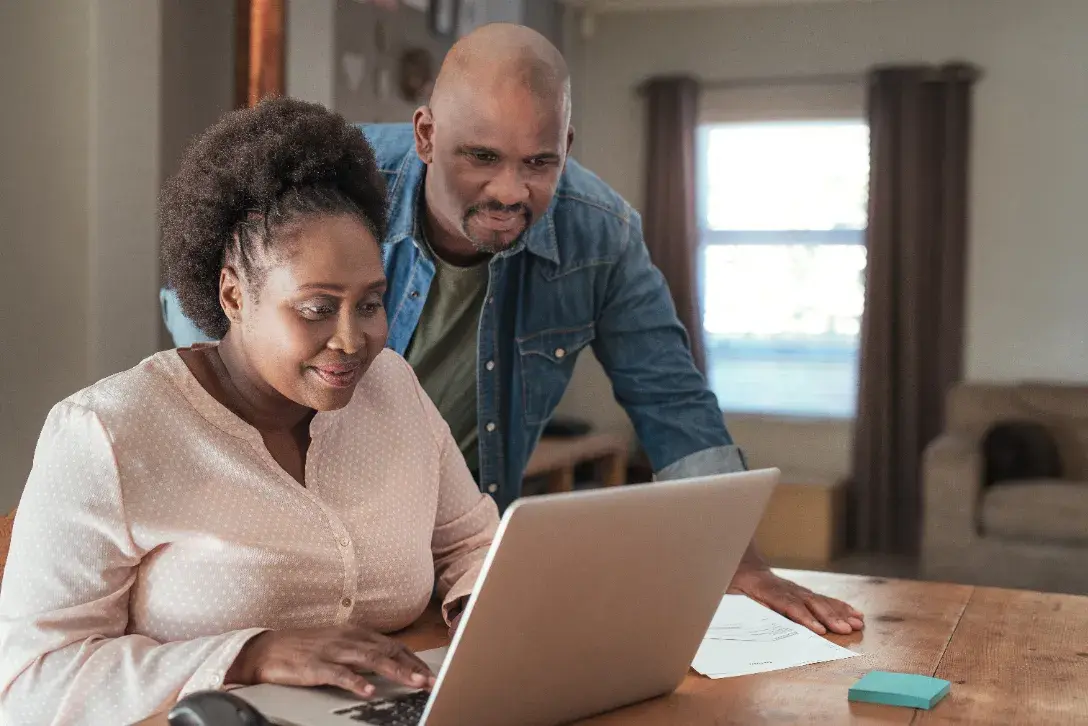As new trials continue to improve treatment options for patients with all types of cancer, it’s “never too soon to be talking about clinical trials” with your oncologist, says Dr. Pashtoon Kasi, a clinical assistant professor of internal medicine, hematology, oncology and blood and marrow transplantation at the University of Iowa Health Care.
While discussing his research into a new AI-based clinical trial search tool, Kasi opened up about why he feels patients and caregivers should not only consider trials a last resort but should rather be asking their doctors about what trial options exist at every point in the treatment journey, from diagnosis and beyond.
"If you look up any of the NCCN guidelines, I love their statement that the best treatment for any patient right now is a clinical trial,” said Kasi. “I can’t emphasize that more. It’s a topic that’s very close to my heart.
I think, both from a patient standpoint, especially with not just common cancer, but even rare cancers, and then even within rare cancer, rare aberrations, knowing which of these trials are an option.
One important learning point that I tell patients (and) caregivers all the time is, often people think of clinical trials as something that you do when you fail the run of the mill treatment. Or it’s something that you do when you’re out of options. That’s not entirely true. I would say, not true at all, for some of the new trials that are coming in oncology.
So, it’s never too soon to be talking about trials, trials should be a discussion at the time of diagnosis. A trial should be a discussion at every point your oncologist or your physician is making a change (in treatment), the first question that should come from a patient or caregiver standpoint is, is there a trial that I can sign up for before we just move on to whatever is next available.
For some of the cancers, you know, a lot of the guidelines often, even if you look up any of the NCCN guidelines, I love their statement that the best treatment for any patient right now is a clinical trial. And I can’t emphasize that more. It’s a topic that’s very close to my heart.
And it’s truly of value because a lot of the new trials are not necessarily generic, they’re focusing on a particular target, there is strong preclinical evidence. So you’re not necessarily just signing up for something that’s going to take, you know, a blind aim and things. Obviously, if we knew it was going to work, it wouldn’t be a trial. But the feasibility of them being pills, something that they can take easily with limited toxicity, there’s a lot of value to consider trials right now. And, again, should not be something that you would be the last line or when you’re out of options.”







.webp)




